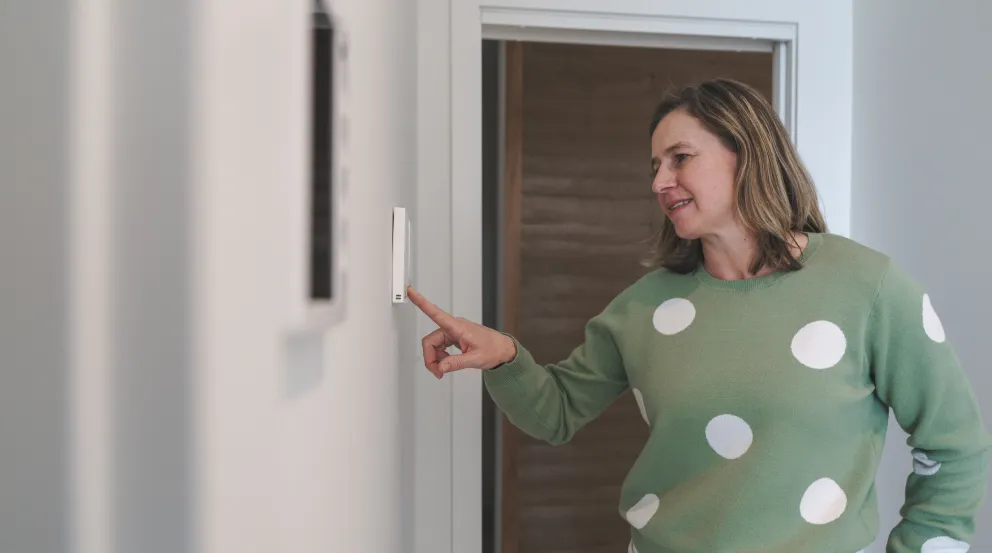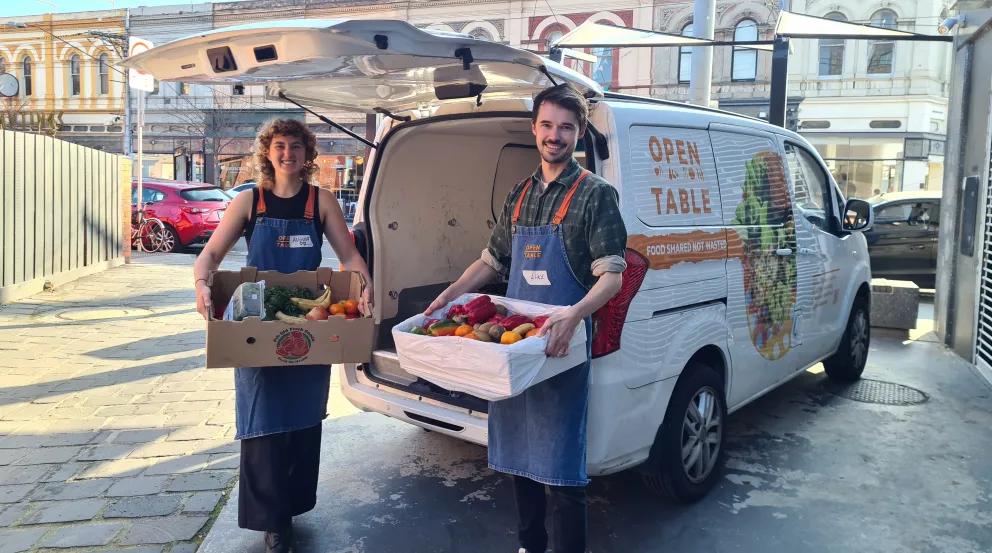For businesses wanting to meaningfully connect with First Nations communities, Indigenous Cultural Connections works as an intermediary to create real pathways for recognition, respect and reciprocal relationships. We chatted with Founder and Yorta Yorta woman Seona James to find out more about her work.
This month, our head office team enjoyed a half-day workshop with Indigenous Cultural Connections (ICC), an organisation that helps businesses facilitate more meaningful First Nations engagement and inclusion. We sat down with ICC Founder and Yorta Yorta woman Seona James to learn more about her business, vision and the importance of truthtelling.
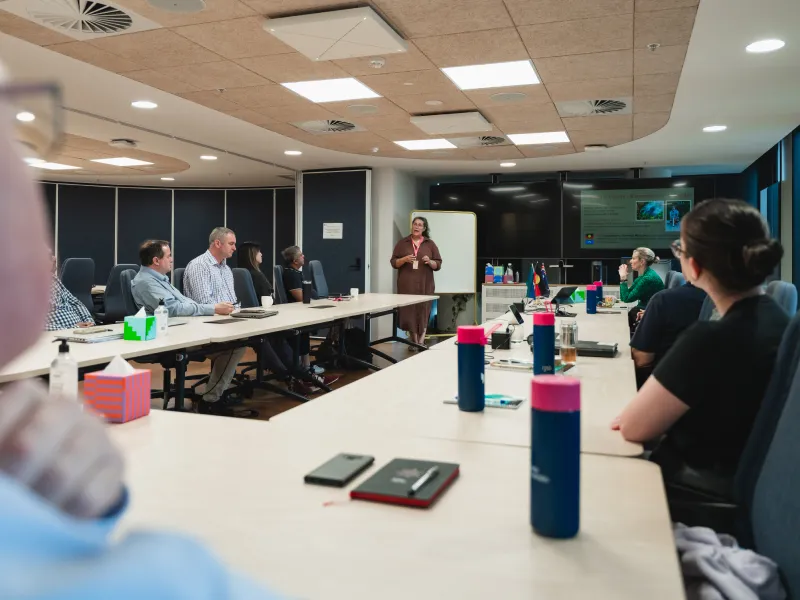
Bank Australia: Can you tell us a little about Indigenous Cultural Connections and what your company does?
Seona James: I founded Indigenous Cultural Connections to help organisations across industries with training programs and ongoing support related to Aboriginal engagement and inclusion. Our focus is on truth-telling – we can’t solve problems unless we get to the core of what the problem is. This means we share information based on the realities of Aboriginal history and experiences, rather than misconceptions or stereotypes.
We offer a range of training programs covering topics like cultural awareness, managing Aboriginal staff, cultural audits, and procuring from Aboriginal businesses. Our goal is to provide organisations the knowledge and tools to meaningfully engage with Aboriginal communities and cultures. We also provide ongoing support, like attending meetings to offer cultural advice and guidance, or helping to develop meaningful Reconciliation Action Plans.
We really try to focus on that human element by stripping out the corporate speak and getting back to the basics: how do we, as people, work together side-by-side to get an outcome that is good for everybody? We also hope that people take this beyond the workplace and back to their family and friends, which then creates that broader social impact.
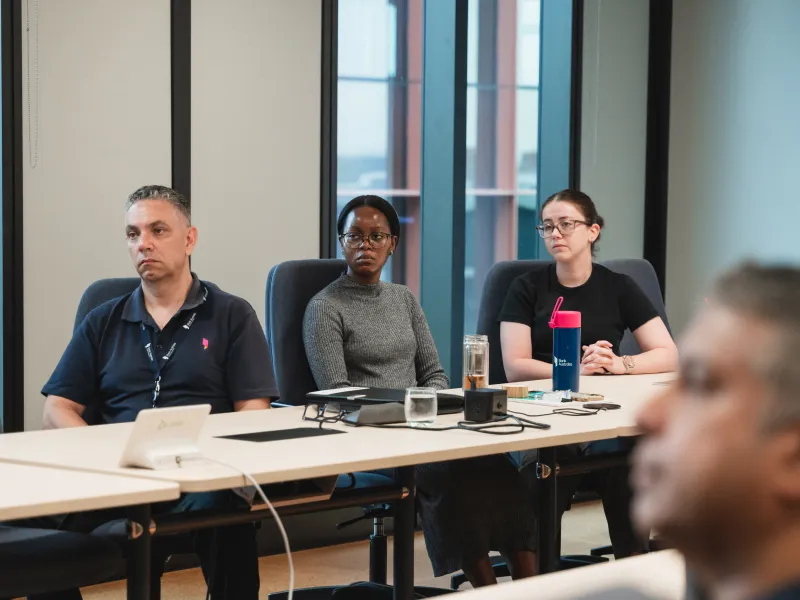
BA: What motivated you to start this business?
SJ: After decades working in the Aboriginal space across different industries, including in the government and corporate sectors, I felt I could contribute more. I kept saying, ‘Why are we doing it this way? Why aren’t we considering an Aboriginal perspective?’.
I’ve always had a passion for this work, and I saw a need for organisations to move beyond tokenistic gestures and genuinely engage with Aboriginal cultures and communities. There is a lot of inherited thinking and stereotypes about Aboriginal culture out there. By providing training rooted in truth-telling, I hoped to challenge preconceptions, promote unlearning and relearning, and empower organisations to build authentic relationships in a respectful way.
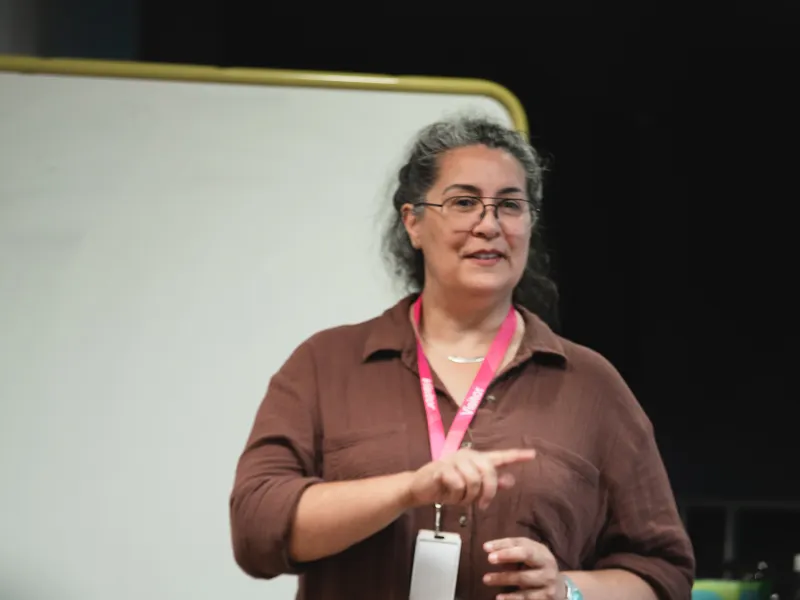
BA: How have you found corporate Australia's receptiveness to this kind of work?
SJ: It's been quite varied, but overall I've seen growing openness to this type of education and cultural awareness training. Many organisations recognise the need to change perspectives and views within their workplaces. They're motivated to participate because they understand the ‘why’ behind it – how it connects to their values and drives social impact.
The key is providing that cultural coaching and guidance to help organisations engage appropriately and avoid missteps. There's often hesitancy around doing the wrong thing, so having an Aboriginal-owned business like ours to lean on makes a big difference.
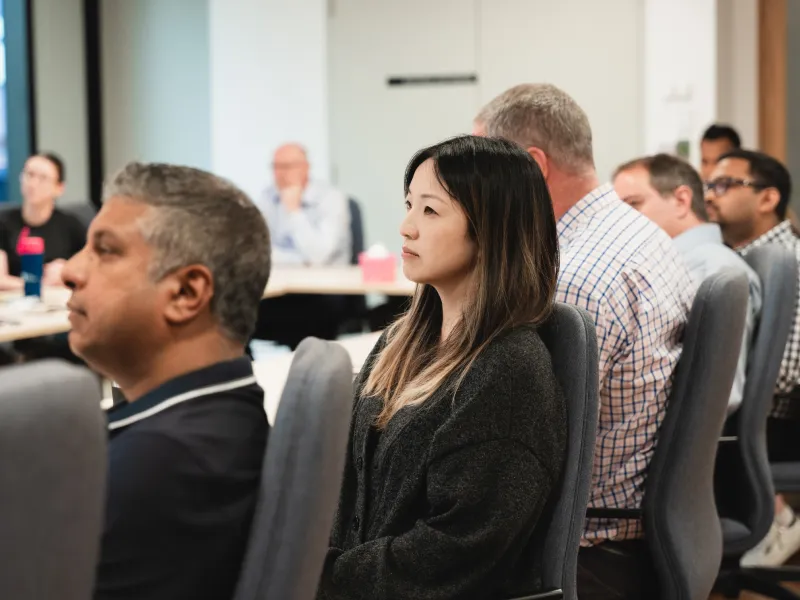
BA: Can you tell us a little more about your work with Bank Australia?
SJ: We've had a partnership with Bank Australia since 2019. They're a great fit because their organisational values and customer-focused approach align very closely with ours. Bank Australia has made a strong commitment to reconciliation through their First Nations Recognition and Respect Strategy. They’re actively involved in the treaty process here in Victoria, and they’re providing cultural awareness training for all of their staff – not just some of them – so everyone has a baseline understanding.
Working with Bank Australia, we're able to have open, transparent conversations and provide cultural advice to help them achieve their goals in a respectful way. It's a true partnership, not just a transactional relationship. These guys aren't just skimming across the surface of this topic. They're actually delving in, boots and all.
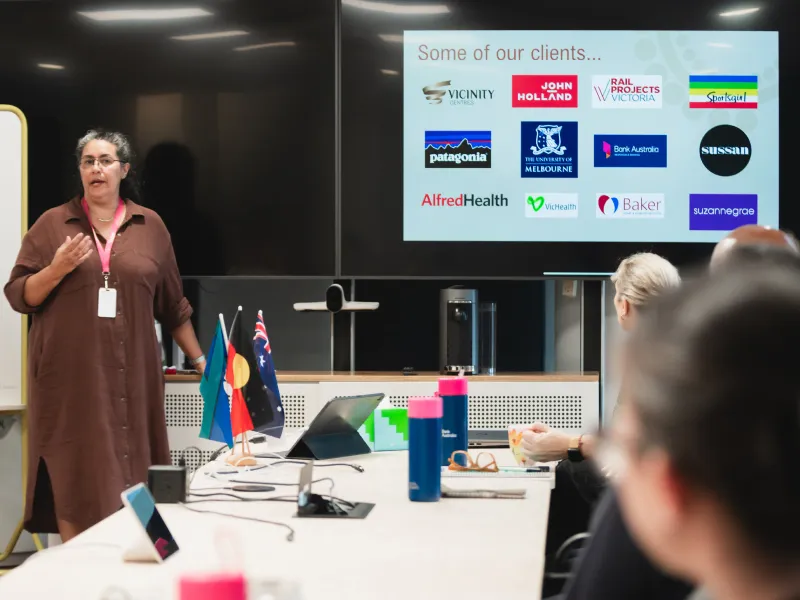
BA: What's your vision for the future when it comes to Aboriginal engagement and inclusion in Australia?
SJ: Honestly, I'd love to see all Australians have a solid understanding of our country's history, including the realities faced by Aboriginal and Torres Strait Islander peoples. This knowledge should be part of the core curriculum, not just an optional add-on.
From there, I envision a future where organisations naturally reflect the diversity of the community, and the presence of Aboriginal people in all aspects of society is normalised, not singled out. This would create more opportunity for Aboriginal people, knowing their skills, wisdom and contributions are valued. It's about moving beyond tokenism to true inclusion, because that paves the way for other Aboriginal people. To me, that represents hope.
To find out more or book a training session for your workplace, visit Indigenous Cultural Connections’ website here.





